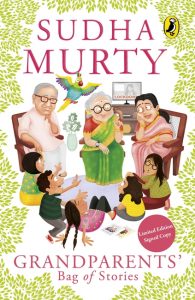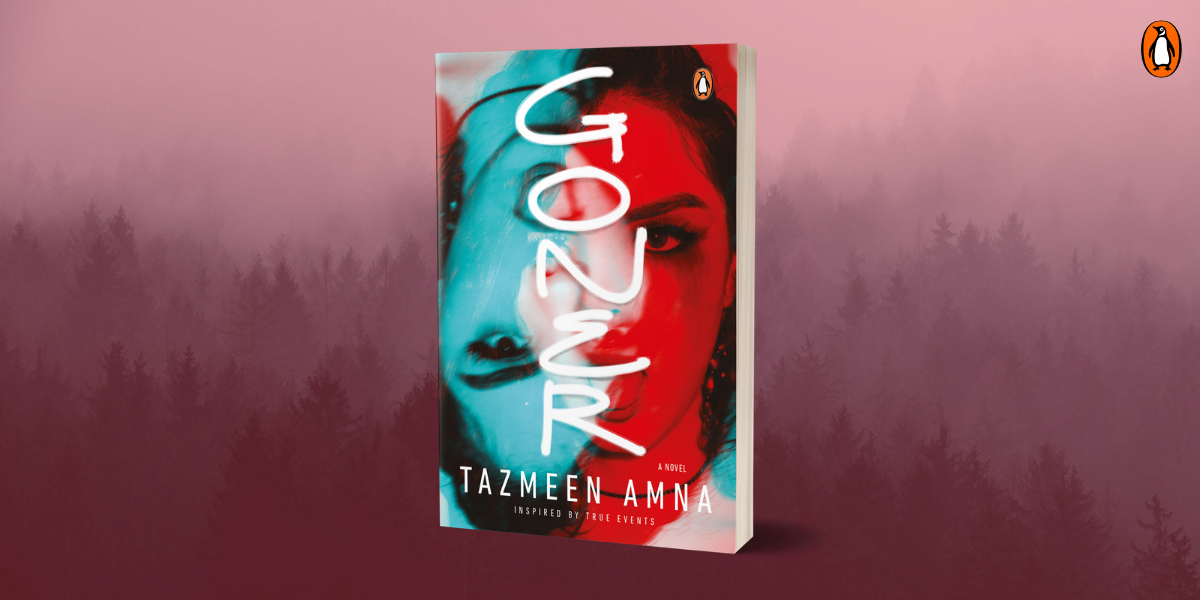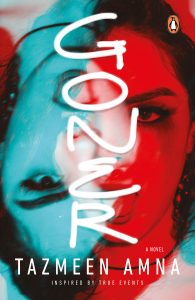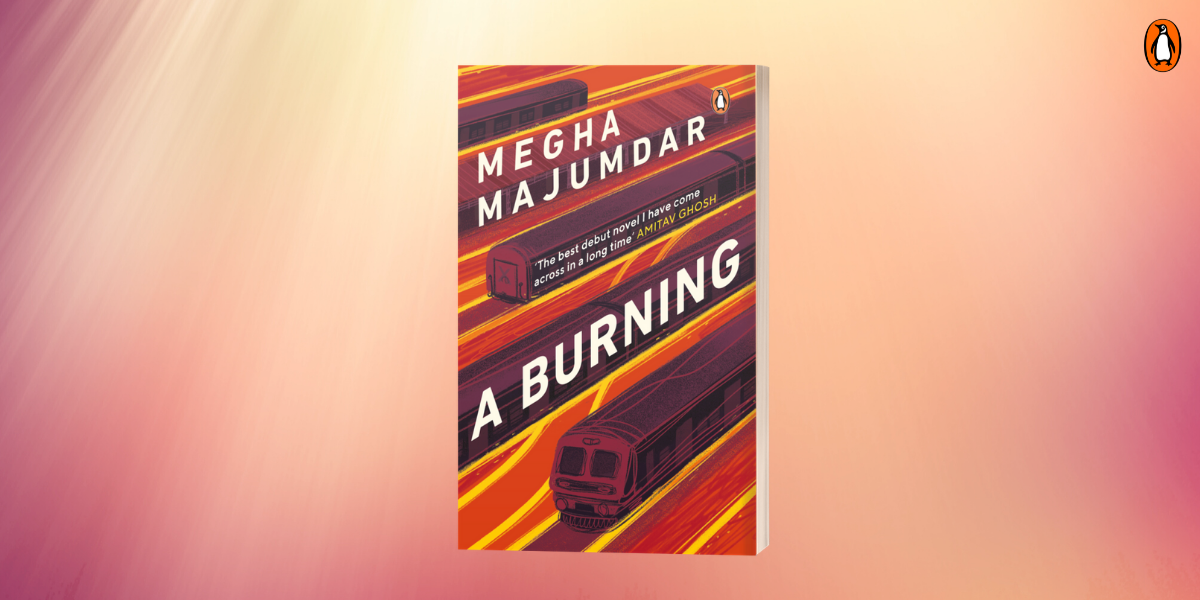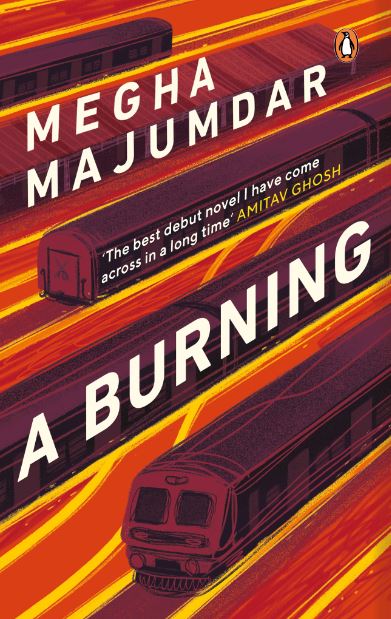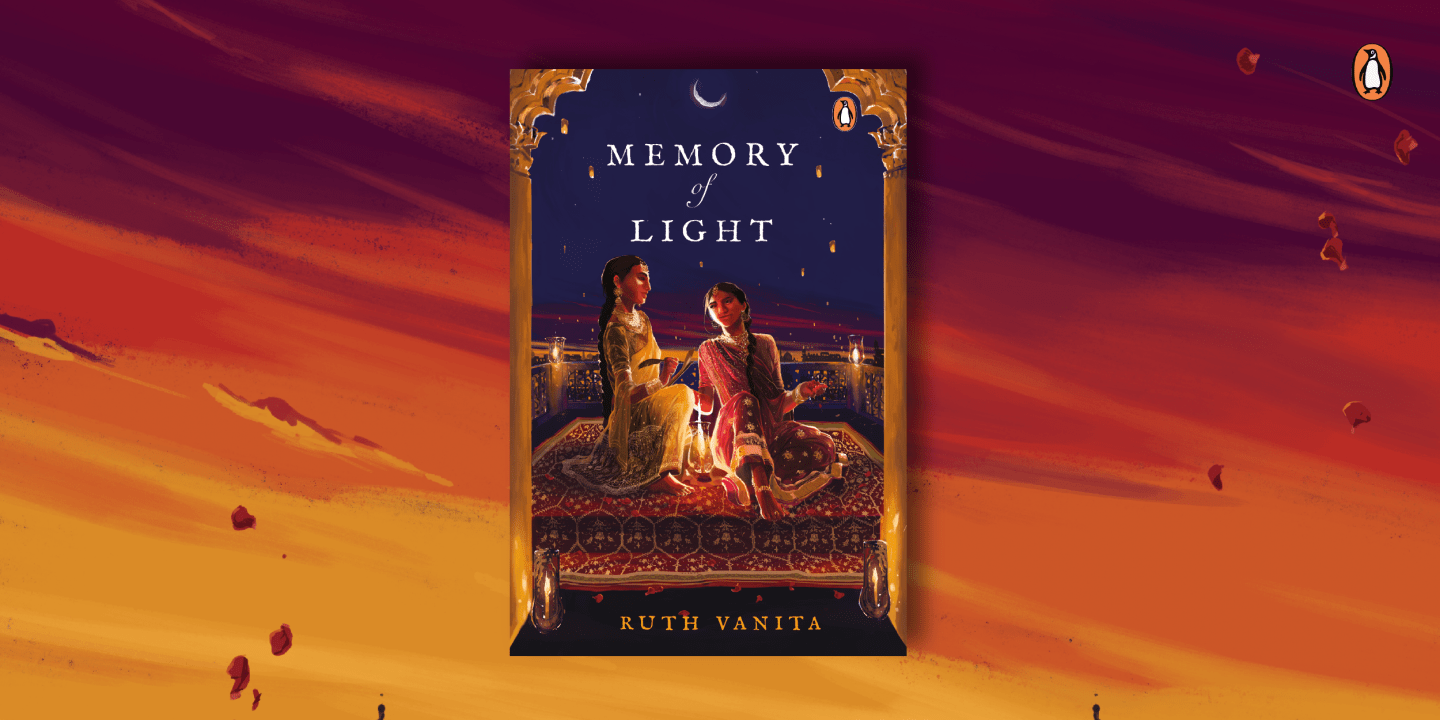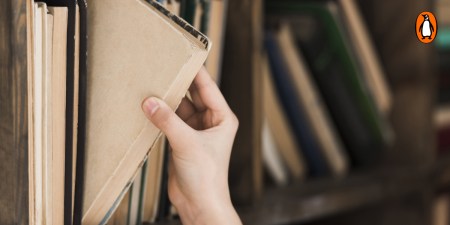‘She was a blur when I first saw her.’
No matter how deeply we believe we know someone, there is always something that eludes us. Yahvi eluded Garv, and she’s nowhere to be found. Get a taste of Novoneel Charkaborty’s latest thriller Cross Your Heart, Take My Name with this excerpt:
~
‘Let’s play a game.’
‘Game? Whoa, all right.’
‘Yeah, a game. A game of any sort always makes the moment interesting.’
‘Second that. So . . . ’
‘So, the game is that we don’t give out any details about ourselves. The other person has to guess intelligently from whatever he or she can deduce.’
Impressive, I thought and said, ‘Bring it on.’
‘I’ll start. Then we can alternate.’
‘Got it.’
‘The fact that you haven’t brought your phone out in the last ten minutes or so tells me you aren’t into social media. You are the type who uses it when you need it,’ she said.
Wow! Is the game more interesting or the woman? I wondered and said, ‘Bang on. I really don’t like to . . . ’
‘We don’t have to give any justification or explanations. Just say true or false. Your chance.’
I took a few seconds before responding. I didn’t want to sound dumb with my observation.
‘Since you brought along an old Samsonite, I believe you don’t travel much. Else you would . . . ’
‘True!’ She didn’t let me complete my sentence. But a childlike happiness filled me when she confirmed my guess.
‘My turn,’ she said and added, ‘You aren’t a reader.’
‘Why do you say that?’
‘Someone who gets a flimsy magazine to pass time before a delayed flight is more about pictures than words.’
‘Kind of true.’ I was looking straight at her and yet wasn’t able to decipher much from her expression. That was a problem with me. I couldn’t understand what a person was thinking from his or her face. I knew a lot of people who could. And it was a helpful skill as it let you get ahead in conversations like these.
‘Kind of?’ She sounded bemused.
‘All right, I don’t read much. In fact, I didn’t buy the magazine for the pictures either.’
‘Ah, you were seeking some kind of company.’
‘Maybe. Weren’t you?’
‘That’s the game. What makes you think I was?’
I knew I had to think on my feet. And I did.
‘Why else would you sit here with a stranger and play a game? You also want to pass time like me. I had my magazine. You have me.’ The remark was a bit flirtatious, and I didn’t know if it was too direct or made her uncomfortable.
‘A magazine can be flipped through at will. Not a human being.’
The change in the tone of her voice took me by surprise. If she was a book, even though I was not much of a reader, this was when I would conclude that ‘she’ was unputdownable.
…‘Time to leave,’ she said and excused herself to join the queue. The way she went off, without a care, told me she was good at severing connections. In today’s times, I thought, that was one helluva skill to have. The ability to detach oneself just like that. I too stood up and walked towards the gate.

… Garv was feeling lonely. The way you felt when you had someone in your mind but not beside you. And then there were questions to make the loneliness worse. What had she meant by that message? They did meet. They had tea together. She kissed him as well. He couldn’t possibly have imagined all these things. She told him loud and clear that their plan to disappear had to wait for some time. And he understood. Like he always did, without questioning her. This was not a Mills & Boon romance. Both of them were married to different people.
The note Garv had written and placed under the vase of fresh lilies was for his wife, Nihira. He’d taken an entire day to think what he could write to justify his act. What could a husband say to a wife before leaving her abruptly for no fault of hers? He simply didn’t have the courage to tell her the truth. That was wrong, he knew. And he’d convinced himself that a note would make up for it. After dwelling on it for a long time, he thought the best thing, instead of a long emotional message, would be to write three simple words: I am sorry. To tell Nihira that he still loved her, he kept the note under the vase with lilies, her favourite. Few words; old- fashioned symbolism—the end of a relationship.
Nihira was supposed to fly back from Bengaluru today. And what did he have for her? A note stating that he was sorry. The more Garv thought about it now, the more ridiculous he felt. How had he come to this decision? Was he simply being impulsive? As he tore up the note and threw it in the dustbin, Garv realized he had something more important to find out: Where on earth was Yahvi? He had been messaging her since last night; he had tried her number twice in an interval of three hours but there had been no response. The first time it rang but the second time the number was switched off. Had the battery drained out or had she intentionally switched it off? Garv wondered but concluded she must be up against some problem. And beyond a phone call or a WhatsApp message, there was no way he could reach her. Yet this was the person with whom he had decided to ‘disappear’ for the rest of his life and create an alternate reality.
… Garv drove to the Pune airport to pick up Nihira. This was the longest they’d gone without meeting. and the first sight of her made him feel guilty.
… Right then, Nihira’s phone rang and she excused herself to answer it. Garv could make out it was a work call. He drove to their apartment in silence.
As they neared their gated apartment block, they saw a crowd gathered at the entrance. Garv honked his way in. He wasn’t interested in knowing what the bedlam was about, but Nihira immediately jumped out once the car stopped and walked to the main gate. Perhaps it was this insatiable curiosity that made her want to get involved in people’s stories. and that is why she was doing so well at the NGO.
Garv was unlocking the main door of their flat when Nihira came up, her eyes clouded over.
‘A woman died in the afternoon. Didn’t you get to know when you left the building to come to the airport?’ Nihira asked.
‘No, I came straight from office.’
‘I see.’
‘Some Yahvi Kothari,’ Nihira said. Garv froze for a second before recovering quickly and turning the key one last time. The news left him numb.
~
The excerpt is not enough, we know. Cross Your Heart, Take My Name will keep you racing through the pages.








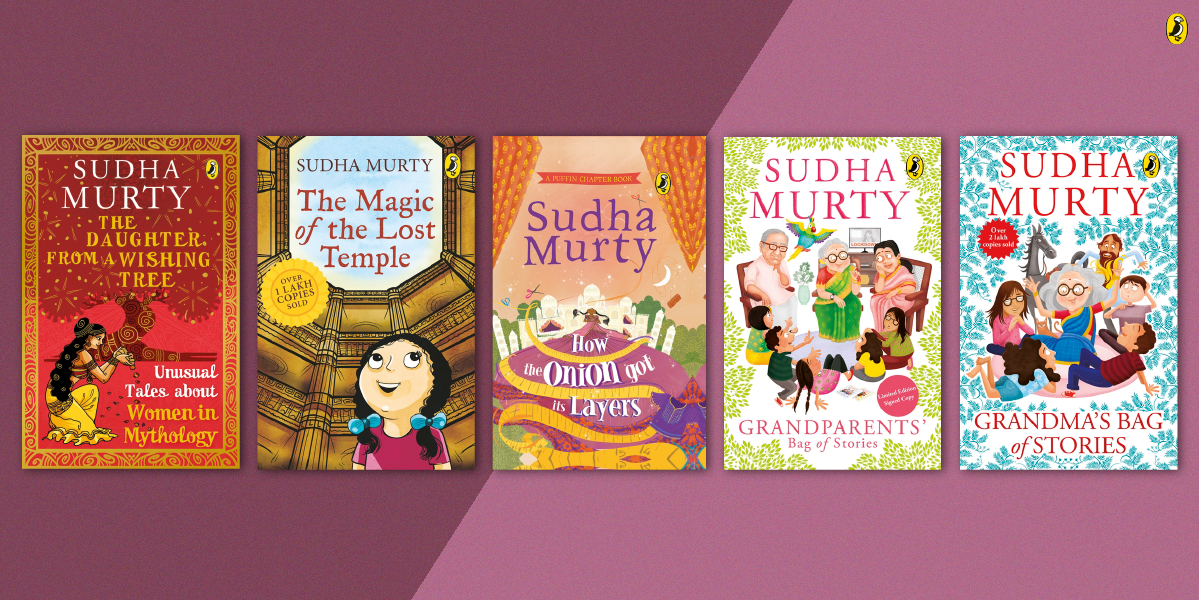
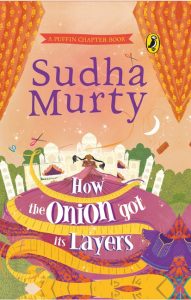
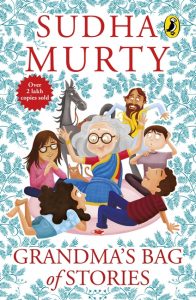
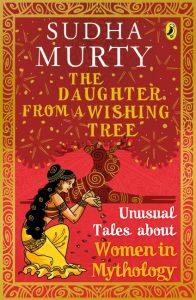
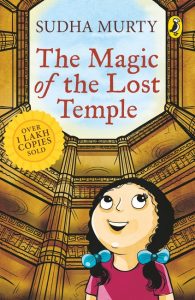
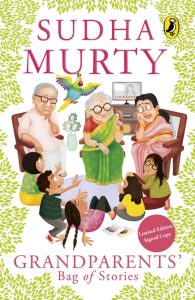
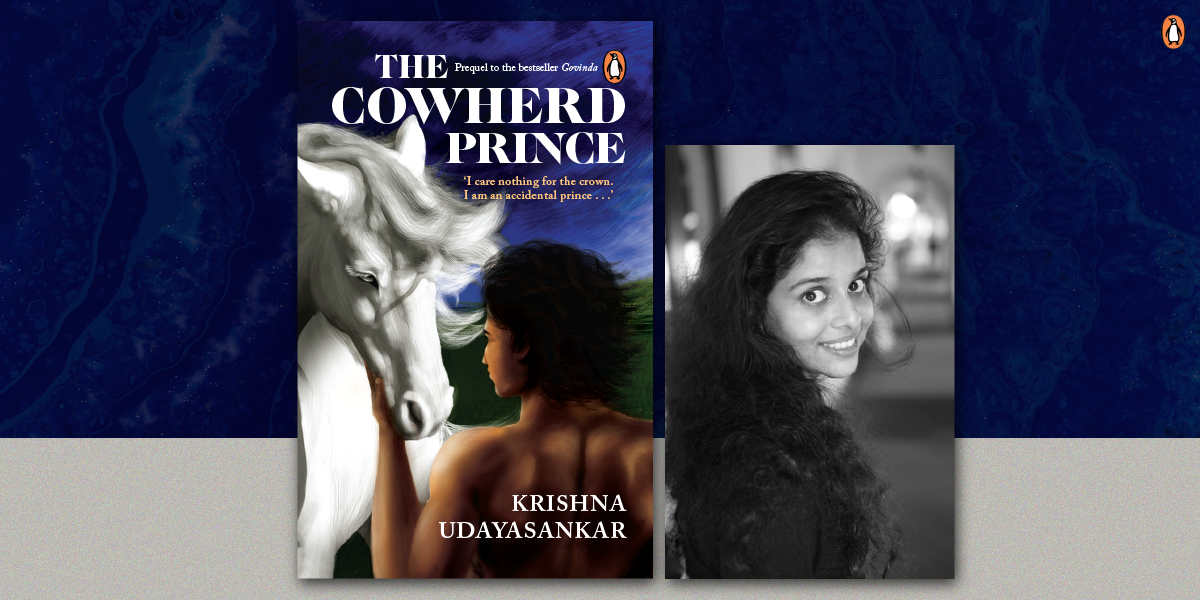
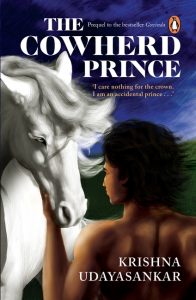

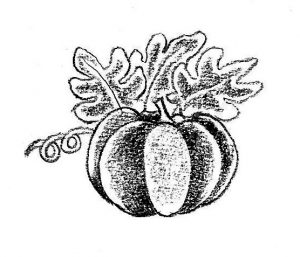
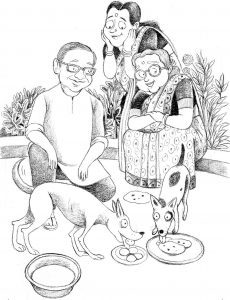 Ajji put biscuits, rice and chapati in a bowl and kept water in another bowl just outside the gate. The two dogs looked at her and attacked the food greedily, gobbling it down in minutes. Then they drank the water, wagged their tails to thank her and ran away.
Ajji put biscuits, rice and chapati in a bowl and kept water in another bowl just outside the gate. The two dogs looked at her and attacked the food greedily, gobbling it down in minutes. Then they drank the water, wagged their tails to thank her and ran away.